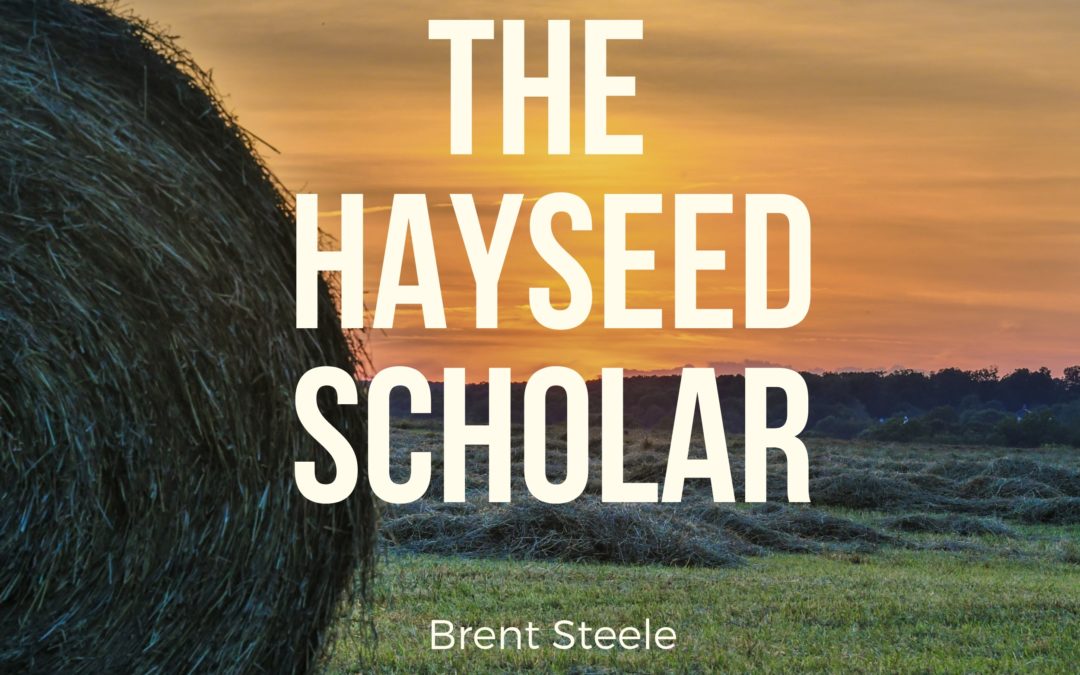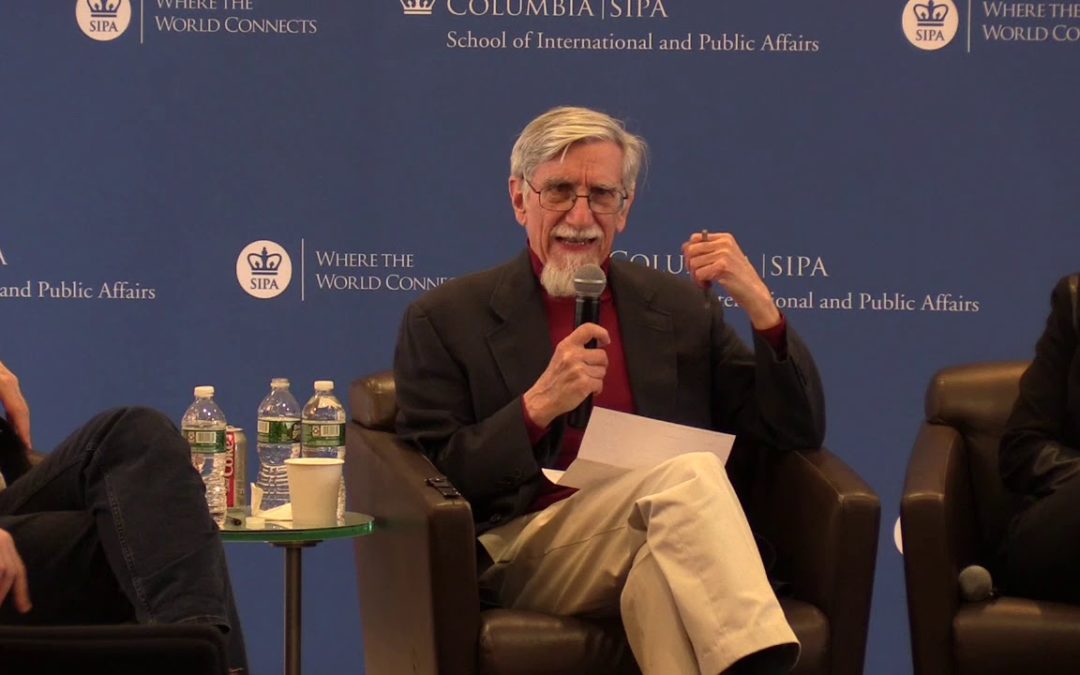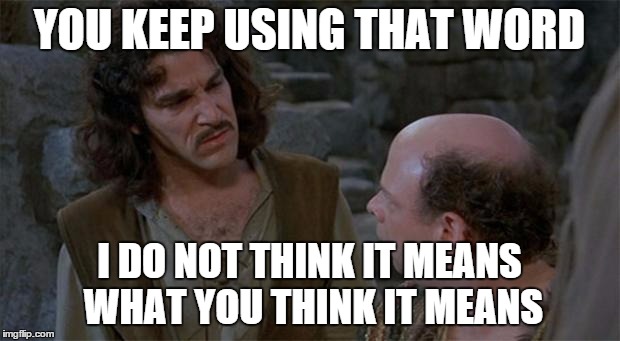Like millions of other people around the world, I have spent much of the past few weeks playing The Legend of Zelda: Tears of the Kingdom (TotK), the nineteenth installment in Nintendo’s widely acclaimed series.


Like millions of other people around the world, I have spent much of the past few weeks playing The Legend of Zelda: Tears of the Kingdom (TotK), the nineteenth installment in Nintendo’s widely acclaimed series.

ymena Kurowska of Central European University joins the Hayseed Scholar podcast. Professor Kurowska grew up in the northern part of Poland, at a time of world and local...

The practice of maintaining a long-term, peacetime military presence in another state (or “sovereign basing”) only developed in the last century. Before World War II, a foreign military presence usually meant one of three things: occupation, colonization, or a wartime alliance. This changed radically in the years after 1945.

As many of our readers have likely already heard, Robert Jervis died yesterday. The field has lost a gentle intellectual giant. Unlike many of my friends from Columbia, Bob wasn't on my dissertation...
This is a guest post from Dr. Sybille Reinke de Buitrago, who is a Researcher and Project Manager of “VIDEOSTAR – Video-based Strategies Against Radicalization” at PolAk Nds, the Academy of Police Science and Criminology, Germany. Her research focuses on processes of identity, perception, emotions and discourse in security policy and international relations. With the multitude of ‘stuff’ anyone can say online, why does it matter what someone says? It depends. When it comes to extremists posting content, we should be concerned, because spreading hatred online can incite actual violence....
Warning! According to the law that the Russian parliament passed yesterday, this post might need to be prefaced with a disclaimer that the following text has been compiled by a foreign agent. An individual can be labeled as a “foreign agent” in Russia if they (1) distribute information, and (2) receive funds from sources outside Russia. I am ticking both boxes here, even as an academic working at a university, and the law intentionally left the “information spreading” extremely broad: you can literally post something on social media. It would be up for the Justice Ministry and the Foreign...

As a reviewer and recipient of reviews, I've noted a recent trend among IR papers. A study uses cross-national data with regression analysis, and runs multiple models with different variables or sub-sets of the data. Sometimes the results are consistent, sometimes they aren't. But often a reviewer will object to the study's validity, pointing to the "multiple comparisons" issue. Multiple comparisons can be a real problem in quantitative IR studies, but I worry we're mis-diagnosing it. What do I mean? Imagine we're writing a paper on interstate conflict. We could measure conflict onset,...

(Photo by Spencer Platt/Getty Images) It is a truth universally acknowledged that the academic job market is tough. Faculty openly warn political science PhD students that there are very few tenure-track jobs available, that they will be competing for those few positions against their most talented and accomplished peers, and that multiple publications and the imprimatur of an Ivy League school have become de facto pre-requisites for the top jobs. The academic job market has changed so rapidly that first-year professors often boast more publications than their tenured senior peers. From...
You never know when IR is going to bite you in the ass. One minute you are reading a children’s nursery rhyme and the other you realize that the spokesperson for the Russian Foreign Ministry Ms. Zakharova read it too, but decided to use it in foreign policy discourse. The rhyme in question is by a Soviet children’s writer Samuel Marshak, a Soviet Dr. Seuss, if you will: Don’t you stand too close to me I’m a tiger, not a pussy Yes, pussy has the same Russian translation and it has both meanings, the one that Marshak used back in the day denoted just a cat, but Ms. Zakharova built a whole...
This is a guest post by Theresa Squatrito, Assistant Professor at the London School of Economics, Magnus Lundgren, Postdoctoral Researcher at Stockholm University, and Thomas Sommerer, Associate Professor at Stockholm University. On May 6, 2019, former U.N. High Commissioner for Human Rights, Zeid Ra’ad al Hussein, accused world leaders for failing in their defense of human rights. World leaders, he claimed, are “weak, short-sighted and mediocre” and remain silent in response to some of today’s worst human rights violators. Given the prominence of human rights in...
On October 2, I sat in the audience of the first of six public events in what appears to be MIT’s semester of climate change. Introducing the great and good of climate science, MIT president Rafael Reif made a comment that struck me. To paraphrase, he argued (or at least I think he did, I was grading at the same time) that in an era of diminished federal and state funding for research, it is incumbent on universities to seek out funds to support climate research from private actors. Hard to argue with this statement, and yet…it seems to narrow the agency of universities to figuring out the...

It's happened to all of us. You get that email "Decision on Manuscript...," open it with a bit of trepidation, just to find a (hopefully) politely worded rejection from the editor. Sometimes this is justified. Other times, however, the rejection is due to the legendary "Reviewer #2," a cranky, ill-informed, hastily written rant against your paper that is not at all fair. The details can vary--they don't like your theoretical approach, don't understand the methods, are annoyed you didn't cite them--but the result is the same: thanks to a random draw from the editor's reviewers list you've got...